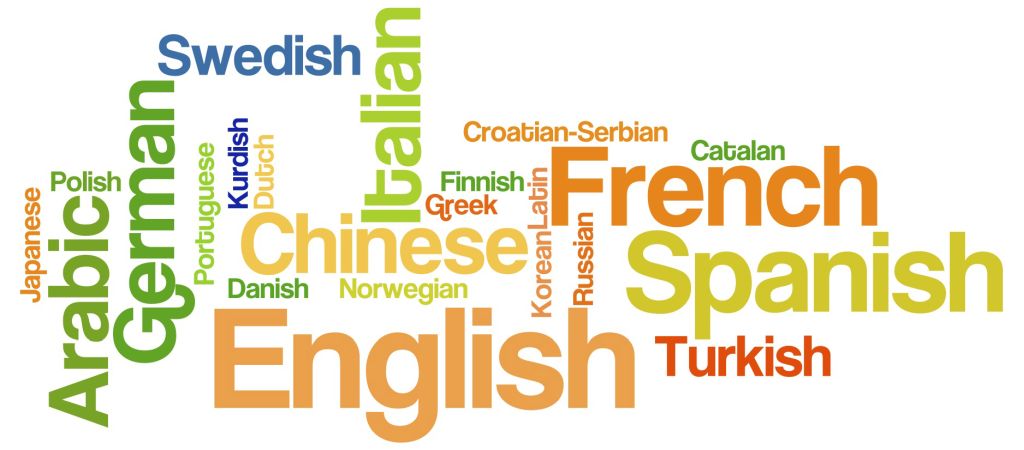Learning a new language: 5 useful strategies
Learning a new language
In our itinerant life, whenever we change country, we have to cope with the challenge of having to learn a new language. In our case, most often, this learning is a must if we want to carry out normal daily activities (work, shopping, doctors, post …), not to mention all the red tape that we have to deal with every time we move.
What to do to learn the local language as quickly as possible, to be able to be self-sufficient and feel more at ease in the host country?
I suggest 5 strategies, by no means exhaustive, but they will help us to take the right road.
-
Imitate children
Do you know that their real, tremendous advantage is? They are not afraid to make a mistake!
The biggest mental block in adults, when it comes to learning a new language, is feeling ashamed, the fear of making mistakes.
By hoping to be perfect, you miss out on enormous learning opportunities because, in fact, "the more you make a mistake, the more you learn".
Jump in and start speaking, what is more: ask the person you are speaking to correct you because that will help you to improve all the quicker. And remember that the predisposition of the other person who sees that you are making an effort to speak her language, as a general rule, is very positive. -
Practice the language whenever you can
Start with small things, such as changing the language selection on Facebook, on your Smartphone, on the Tablet...
Enjoy yourself as much as possible talking to locals, shopkeepers, neighbours...
Look for someone to talk to...
Translate your interior monologues in your head (those conversations that you have with yourself)...
Try to imagine mentally the conversation that you will have tomorrow with your companion, with the doctor, with that civil servant...
All this will help you to get used to thinking in your new language.
It won’t come about automatically, but it will help the process. -
Multiply exposure environments
Each environment is characterised by the use of a different lexicon, and what is more, each person has her own favourite lexical repertoire.
This means that by increasing your exposure to different environments and people, you will also broaden your opportunities for learning.
For instance, the dictionary and the linguistic register that you will acquire at the office, in the bar, in the gym or on a photography course will be completely different. -
Every technique is correct if it works
The eternal tirade: is it more important to learn grammar or words?
Where is it right to make a start?
Are the rules the basis of the language?
Over the past 18 years, I have seen hundreds of expats learning several languages, and each one of them uses different learning techniques because each one of us has her own predisposition to learning.
Some need to learn all the rules and grammar before anything else, while others prefer to read complex articles straight away on matters of great interest to them.
The correct method is the one that works for you. -
Be inquisitive
Language is the essential key to a country’s culture.
Through the structure of the language, its idioms, the untranslatable terms, we have the possibility to learn the culture that surrounds us in depth. This is an excellent opportunity to broaden our horizons and take on board new outlooks. Hold on to it!
What about you? What strategies have you chosen to learn foreign languages?
Read the articles on Expats and the world of Intercultural Mind
Coaching sessions can be held in Italian, French, Spanish, German and English.
Write to Erika Bezzo for any information regarding ChangeXperience services





